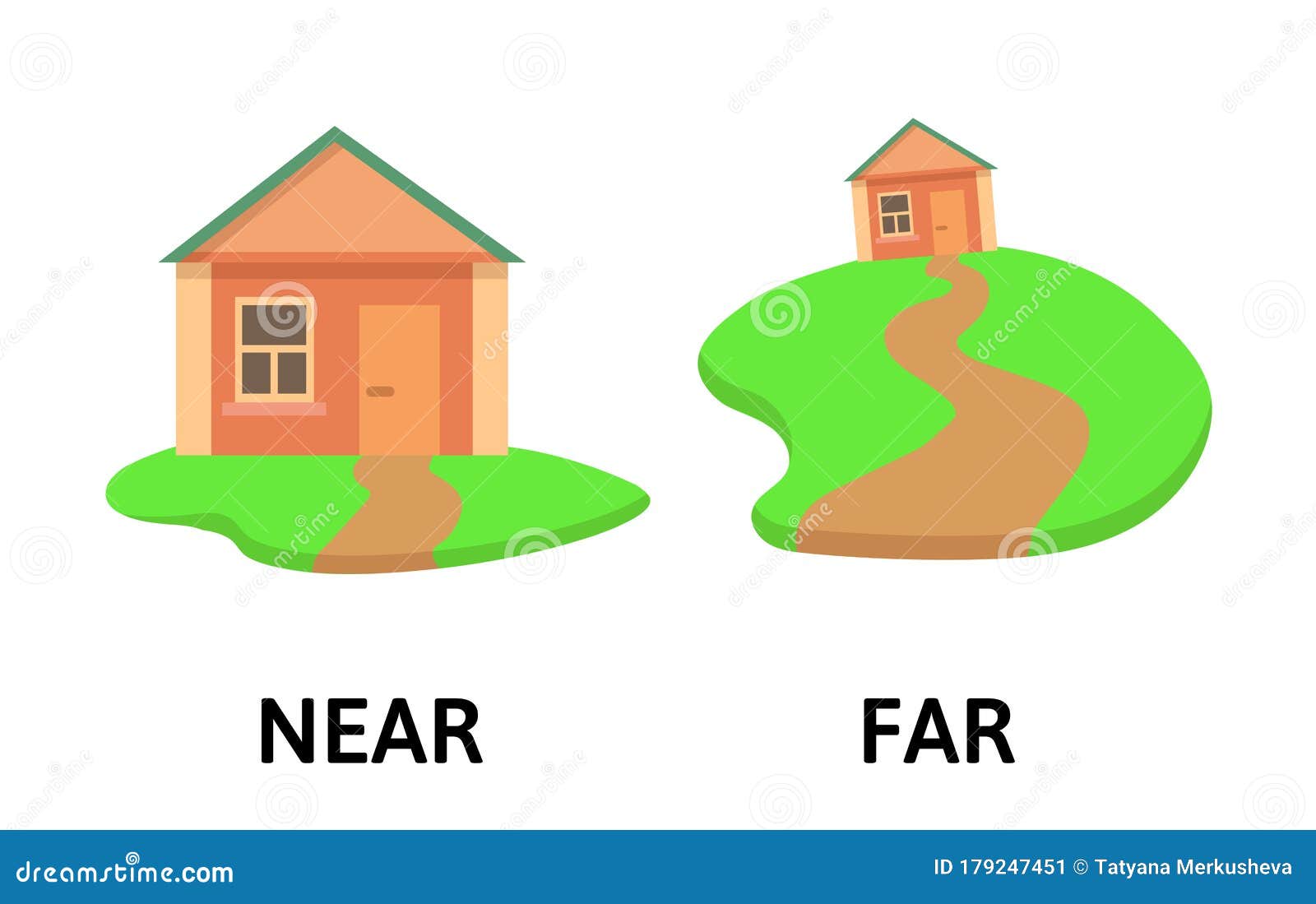January Is Financial Wellness Month: Start Your Year with Financial Confidence
Understanding Financial Wellness Month: Why January Matters
Financial Wellness Month is observed every January, serving as an annual reminder to assess and improve your financial habits, set meaningful goals, and take proactive steps toward financial stability. This nationally recognized awareness month provides a focused opportunity for individuals and organizations to kickstart the year with renewed financial purpose. According to the State of Maine’s official guidance, Financial Wellness Month is about practicing better money habits, clarifying objectives, and improving overall quality of life [4] .
Key Benefits of Financial Wellness Month
Celebrating Financial Wellness Month offers several advantages for both individuals and employers:
- Goal Setting: January is an ideal time to review past financial performance and set new, actionable goals for the year ahead [3] .
- Education & Awareness: Many organizations launch financial wellness events, workshops, and communications to improve financial literacy and empower decision-making [2] .
- Access to Resources: Employers and states may offer access to financial advisors, budgeting tools, and support programs, enabling employees to take control of their finances [4] .
- Long-Term Impact: Regular financial education throughout the year can reduce stress, improve productivity, and increase satisfaction with benefits [1] .
How to Participate in Financial Wellness Month
Whether you are an individual, employer, or organization, there are actionable steps you can take to maximize the impact of Financial Wellness Month:
For Individuals
- Set Financial Goals: Start by outlining your financial objectives for the year. This step provides clarity, motivation, and a roadmap for the months to come [3] .
- Review Your Budget: Analyze your income and expenses to identify areas for improvement. Update your budget regularly and incorporate savings goals, such as building an emergency fund.
- Access Support Programs: Many states and employers offer free or subsidized financial wellness resources. For example, State of Maine employees can use the Living Resources Program for unlimited access to financial advice. To get started, visit GuidanceResources.com and use the Web ID: LivingME [4] .
- Educate Yourself: Take advantage of webinars, workshops, and online courses offered by reputable organizations. Search for “financial wellness webinars January” or “personal finance workshops near me” for current events.
For Employers and Organizations
- Launch a Financial Wellness Kickoff: Organize an event or campaign to raise awareness about financial health. Consider distributing an annual calendar of financial wellness activities [2] .
- Conduct Surveys: Assess employees’ top financial concerns to tailor programs and resources effectively.
- Offer Incentives: Encourage participation in savings plans or financial challenges with rewards or recognition.
- Provide Professional Guidance: Partner with financial wellness platforms or advisors to deliver personalized support.
- Share Educational Materials: Distribute budgeting tools, savings worksheets, and guides to help employees build their financial foundation [3] .
Month-by-Month Financial Wellness Roadmap
Financial wellness is a continuous journey. While January is the official Financial Wellness Month, each month offers specific opportunities to build on your progress. Here is a sample roadmap:
- January: Focus on awareness, goal-setting, and budgeting [2] .
- February: Emergency savings and building a financial safety net.
- March: Retirement planning and reviewing long-term savings.
- April: Celebrate Financial Literacy Month with educational campaigns and challenges [5] .
For a complete calendar of financial wellbeing events, consider searching for “2025 financial wellbeing calendar PDF” or visiting established platforms like LearnLux and Enrich for downloadable guides [5] .
Accessing Financial Wellness Resources
Improving your financial wellness is easier when you know where to look for support:
- Employer Benefits: Many organizations offer Employee Assistance Programs (EAPs) that include financial counseling, educational workshops, and access to budgeting tools. Contact your HR department to learn more about available resources.
- State and Local Programs: State agencies-such as the Finance Authority of Maine-offer step-by-step guides and financial wellness roadmaps. Search for “Finance Authority of [Your State]” for local offerings [4] .
- Online Platforms: Reputable financial wellness websites such as Savings Plus and Enrich provide month-by-month guides, budgeting worksheets, and educational content [3] [2] .
- Professional Advisors: If your employer or state does not offer financial counseling, consider seeking advice from certified financial planners. Use search terms such as “certified financial planner near me” to find qualified professionals.
Challenges and Solutions in Financial Wellness
While participating in Financial Wellness Month, you may encounter challenges such as limited access to resources, lack of financial literacy, or difficulty in sticking to new habits. Here are strategies to overcome these obstacles:
- Start Small: Focus on one or two manageable changes, such as tracking expenses or automating savings.
- Continuous Learning: Attend regular workshops and seek out new educational materials each month.
- Build Accountability: Share your goals with a trusted friend or colleague who can help keep you motivated.
- Utilize Technology: Use budgeting apps and online calculators to simplify financial management.
Alternative Approaches and Year-Round Financial Wellness
Although January is Financial Wellness Month, financial wellbeing should be an ongoing priority. Some organizations align their initiatives with other awareness events, such as Financial Literacy Month in April or Debt Awareness campaigns later in the year [5] . Building healthy financial habits and seeking support throughout the year increases the likelihood of achieving lasting success.

Source: pix4free.org
If you miss opportunities in January, revisit your goals each month. Many platforms offer rolling programs and challenges-search for “financial wellness challenge” or “personal finance webinar” for options available year-round.

Source: happay.com
Summary & Key Takeaways
Financial Wellness Month in January is a vital opportunity to reset your financial habits, access resources, and set the stage for a year of financial growth. Whether you’re an individual or part of an organization, actionable steps and ongoing education are essential. Leverage employer programs, state resources, and expert guidance to achieve your financial goals and build long-term confidence.
References
- [1] nudge Global (2025). 2025 global financial wellbeing calendar.
- [2] Enrich (2025). 2025 Financial Wellness Checklist: A Guide for Employers.
- [3] Savings Plus (2023). 2025 personal finance calendar.
- [4] Maine.gov (2024). Financial Wellness Month – January 2025.
- [5] LearnLux (2025). 2025 Financial Wellbeing Calendar.



